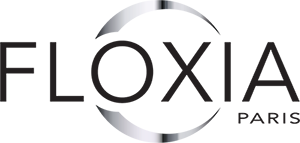The effects of zinc on acne
Zinc and acne, here is what you need to know to effectively treat your pimples and remove imperfections and redness of the face.
Zinc is an essential mineral that belongs to the family of trace elements (chemical abbreviation: Zn). Other examples of trace elements are copper, selenium and iodine.
Zinc has many effects on the skin. Zinc can:
- Reduce skin inflammation through anti-inflammatory properties
- Soothe facial redness and irritation
- Decrease pimples and rashes
- Regulate excess acne sebum
- promote healing of damaged tissues and cell regeneration;
- protect the skin from external aggressions and skin aging thanks to its antioxidant and anti-aging properties;
- Strengthen the immune system and skin flora
- Improve skin texture and texture
- prevent clogging of pores by regulating sebum secretions.
- Many dermatologists prescribe zinc-based dietary supplements to effectively fight adult and juvenile acne.
Many dermatologists prescribe zinc-based dietary supplements to effectively fight adult and juvenile acne.
Using zinc-rich cosmetics can also help reduce acne pimples.
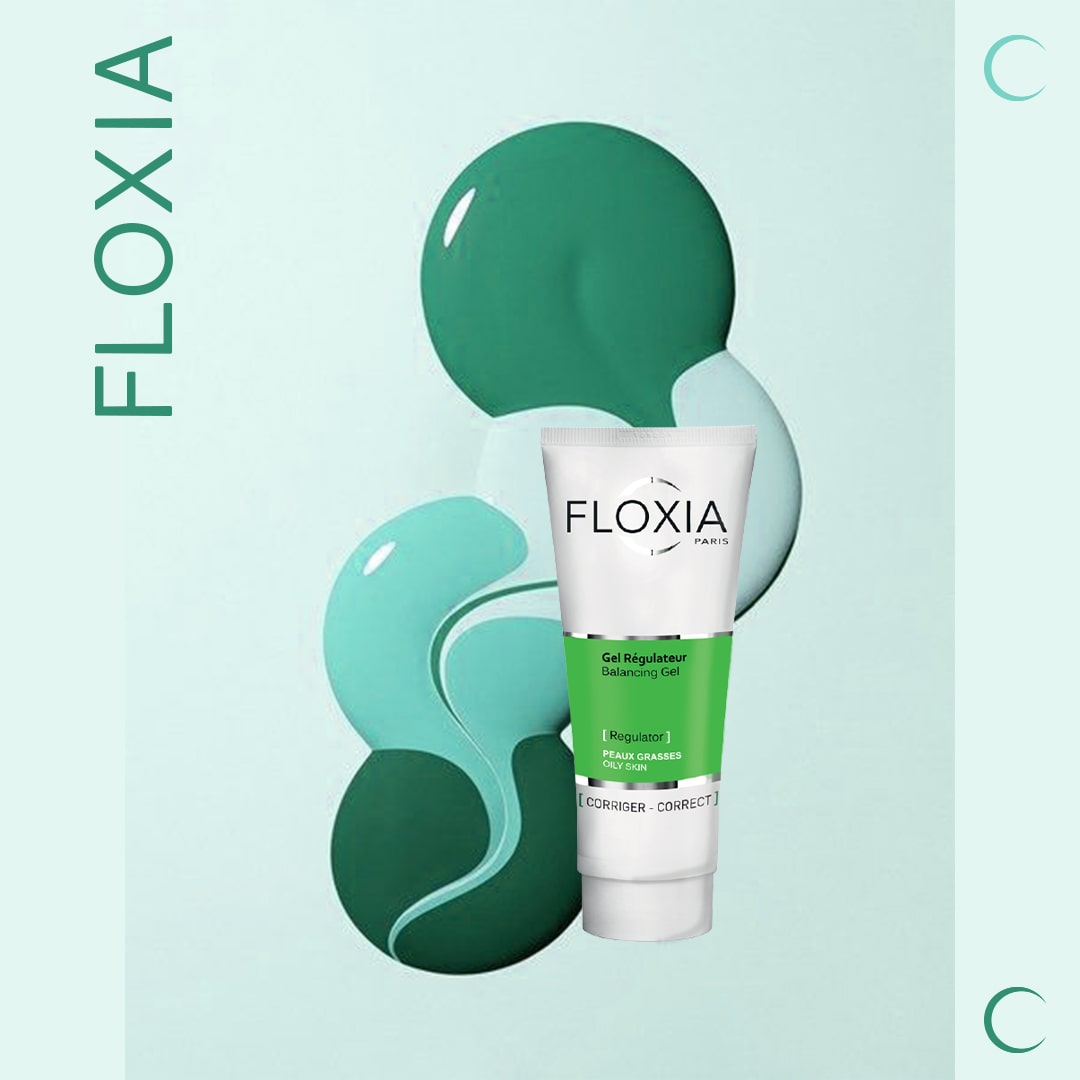
Zinc deficiency, the consequences on the skin
Zinc deficiency is manifested by several symptoms such as:
- skin problems such as acne, a dull complexion, dry, scaly skin and difficulty healing wounds;
- hair loss;
- brittle nails;
- Immune weakness and fatigue
- vision problems;
- impaired brain abilities (lack of concentration, memory, mood disorders, etc.).
Supplementing with zinc is sometimes useful to reduce acne pimples and regain beautiful skin. This becomes necessary when your health suffers.
Only a blood test can tell you if you have zinc deficiencies. If you suspect a deficiency, we advise you to talk to your doctor.
Apply beauty products rich in zinc
Effective against oily skin and oily hair, zinc regulates the overproduction of sebum. This liquid composed of water and lipids protects the skin barrier.
Produced by the sebaceous glands, it is necessary for the epidermis. But generated in excess, it clogs the pores and causes pimples.
To combat acne, you can incorporate zinc-enriched beauty products into your skincare routine.
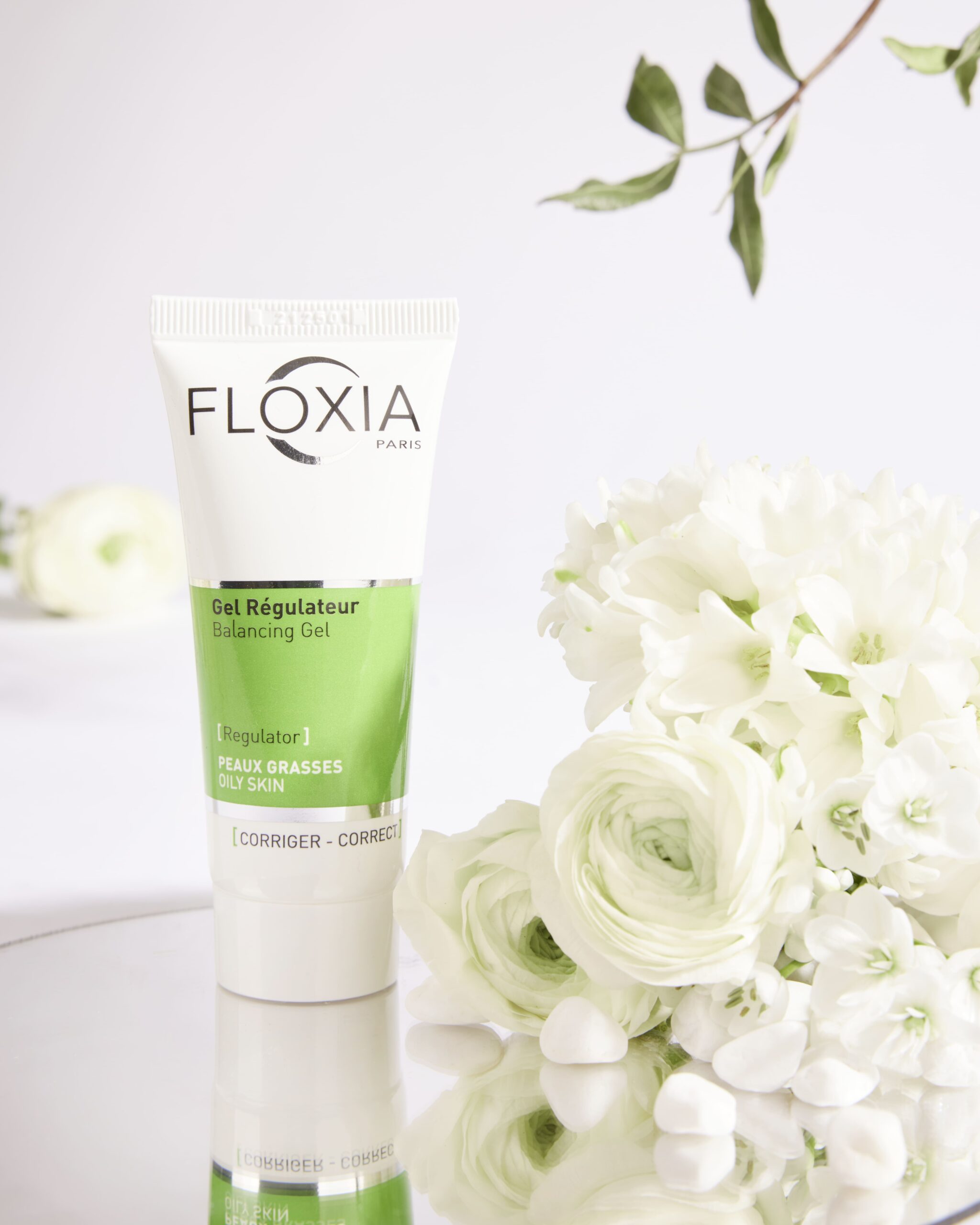
The Gel Regulator consists of zinc and is effective in reducing imperfections such as blackheads, sebaceous cysts.
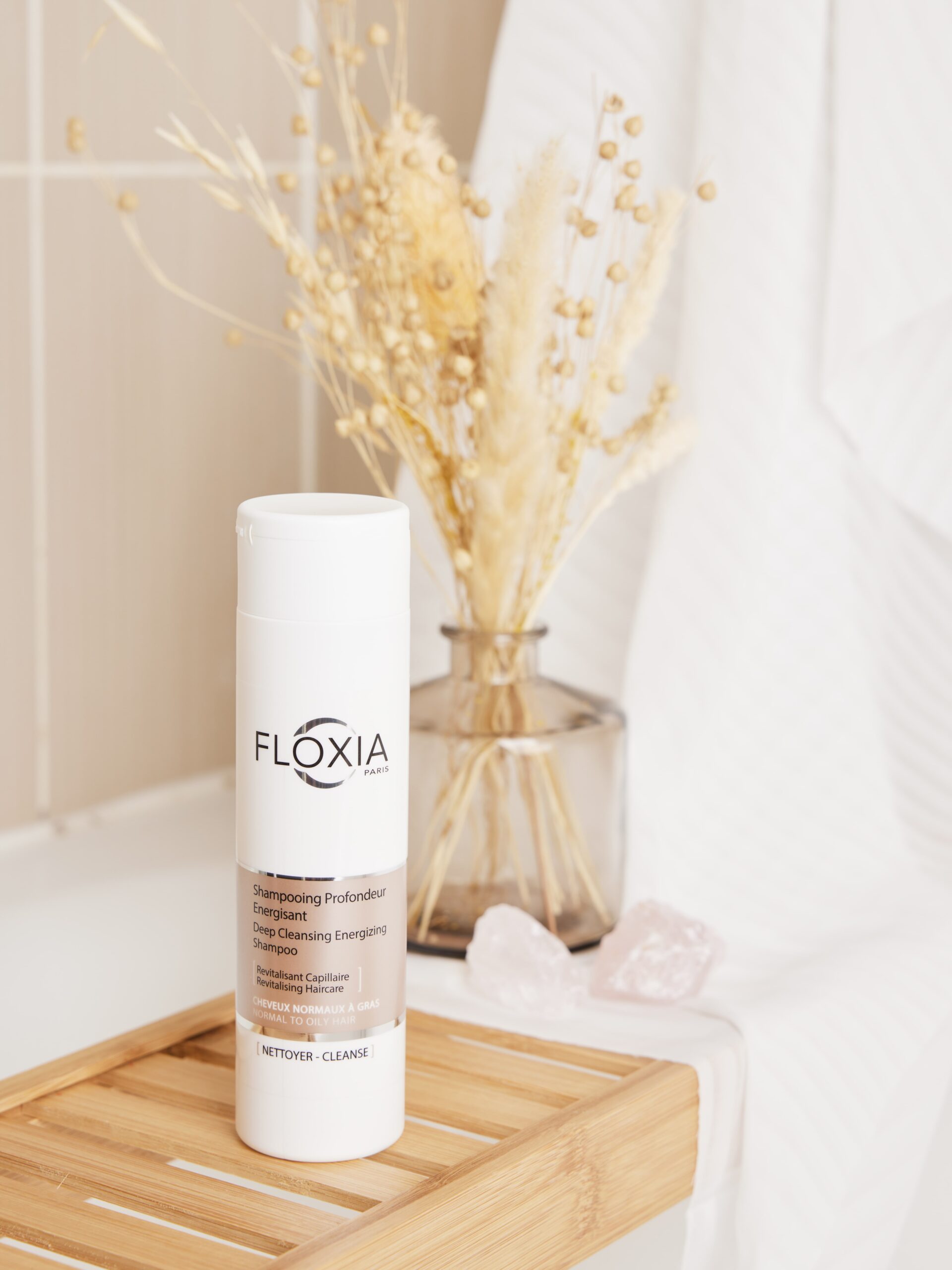
Opting for seborrhoeating dermo cosmetics is ideal for treating combination to oily skin. For example, shampoo for normal to oily hair contains Zinc PCA effective against roots that grease quickly.
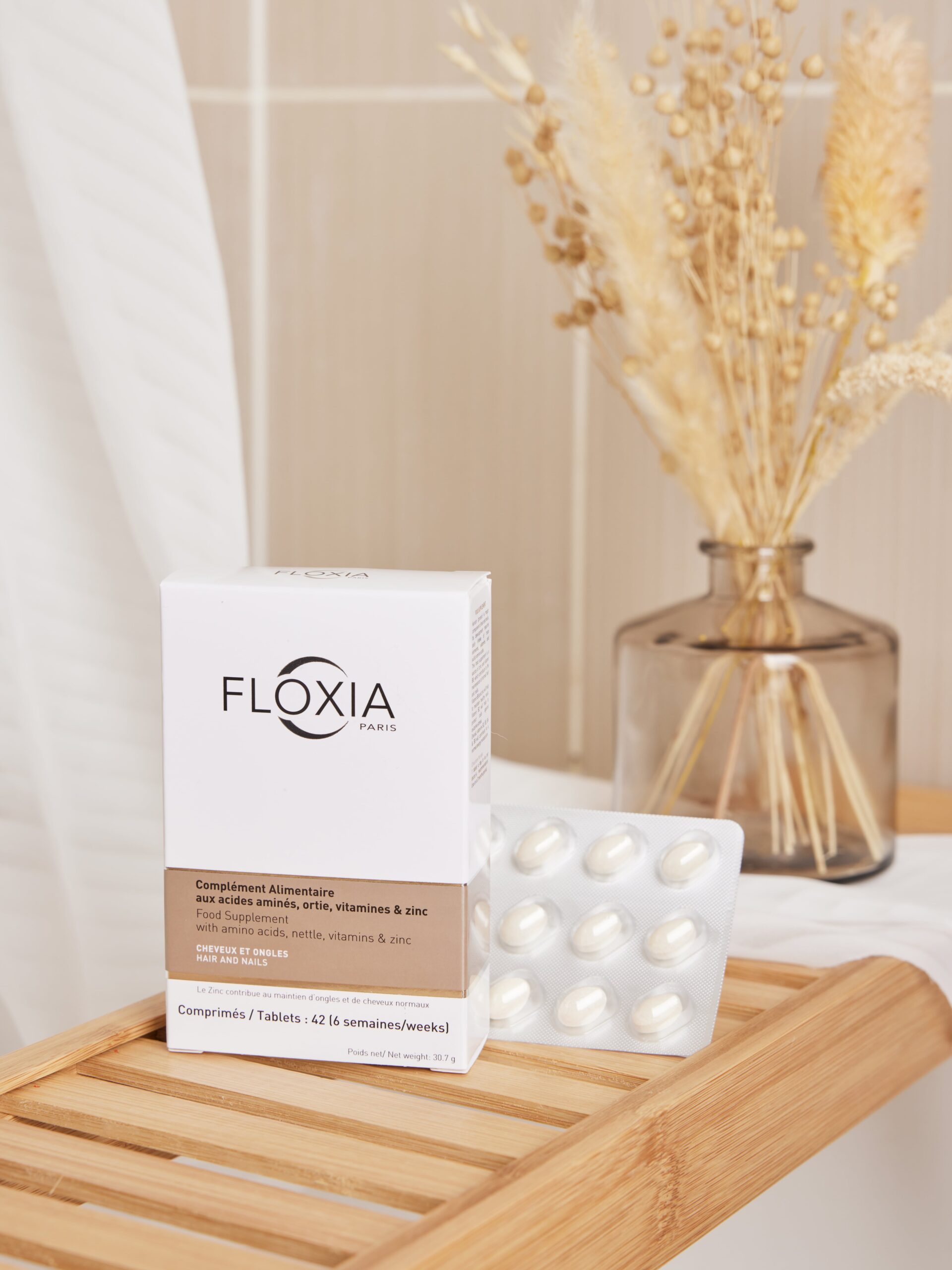
To strengthen your hair and nails, you can also use the food supplement Hair and Nails enriched with zinc and silicon. The latter promotes hair growth and helps you have beautiful hair.
Recommendations for taking zinc in case of acne
If you have acne, it is advisable to take a daily dose of zinc of 10 to 15 mg (if you choose oral supplementation). These are the amounts recommended by scientists to notice a positive effect on the treatment of acne.
We all need an average of 7 to 9 mg of zinc per day. The limit is 25 mg daily for your safety and to avoid side effects such as intestinal cramps, nausea, vomiting…
Consuming too much zinc is therefore to be avoided!
Dermatologist Laurence Netter warns in the magazine Elle that zinc is not a miracle solution either. It is more suitable for minor and moderate acne than for severe and hormonal acne.
Zinc and acne during pregnancy, what to know
Zinc is an effective antibacterial and anti-inflammatory to regulate sebum production and fight bacterial proliferation responsible for acne. Because of hormonal changes, pregnancy can cause sometimes severe acne.
The use of zinc as an anti-acne solution is possible, but should be monitored. Do not self-medicate and always ask your doctor if you can supplement with zinc.
Good news however, zinc is often recommended for pregnant women. In addition to decreasing the amount of pimples, it promotes fetal growth and reduces the risk of premature childbirth.
Find sources of zinc in the diet
Zinc is an essential nutrient for skin and health. You can consume it orally with food supplements, dermally through creams, serums and cosmetics, but also digestive with food.
The foods richest in zinc are:
- oysters;
- red meat;
- chicken;
- legumes such as beans, lentils and chickpeas;
- nuts and seeds;
- dairy products such as cheese and yogurt;
- eggs;
- whole grains;
- seafood such as crabs and lobsters;
- sesame seeds;
- dark chocolate rich in zinc and magnesium.
Diversifying your diet and consuming zinc-rich ingredients avoid nutritional deficiencies and the consequences on the dermis. Eating healthy and varied foods also promotes healing in cases of acne and skin problems.
The anti-acne care routine based on zinc
If you have oily, acne-prone skin, or enlarged pores, blackheads, combination skin… Then a zinc-based acne care routine can help you reduce pimples.
1. Remove makeup every day
The make-up removal step is essential if you wear makeup. You can use the Purifying Micellar Solution that removes makeup residues, impurities and cleanses the first layers of the epidermis.
2. Clean your face
The Purifying Cleansing Gel deeply cleanses your face, helps regulate sebum secretion without dehydrating the skin and reduces imperfections. It removes the last makeup residues, dead cells as well as pollution and dust.
3. Soothe skin with lotion
You can apply a toner or hydrosol (floral water). The goal is to soothe the skin and remove the layer of limestone left by tap water. A lotion also helps firm the skin, tighten pores and calm skin inflammation.
4. Purify your skin
You can apply an anti-acne serum or the Gel Regulator that acts as a serum. It consists of zinc and is suitable for any type of skin. It is very effective on acne-prone skin and reduces the appearance of pimples, whether in adolescence or adulthood.
5. Moisturizing your skin
Hydration is an essential step in all beauty routines. You can apply a moisturizer based on aloe vera or hyaluronic acid which are very effective moisturizing agents. Your skin needs nutrition and hydration to stay healthy.
Dehydrated, it can produce more sebum to strengthen the skin barrier. Malnourished, it becomes dry and red. Moisturizing your skin in depth strengthens the hydrolipidic film and avoids worsening acne.
6. Perform scrubs
Exfoliating your skin with a gentle scrub once or twice a week promotes cell regeneration, eliminates dead skin and improves healing. It also helps fight against pigment spots such as brown spots and acne scars.
7. Apply a purifying mask
Making a face mask can absorb excess sebum, dry pimples and purify the skin. You can use green clay, effective against acne. Buy a small bottle of liquid zinc that you can add directly to your DIY preparation.
Alternatively, you can buy acne masks enriched with zinc and salicylic acid, a powerful ingredient against acne pimples.
